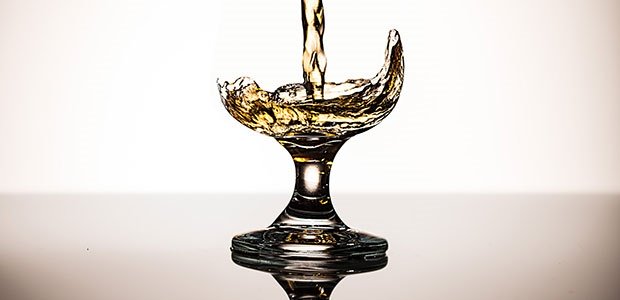The sale and production of alcohol was prohibited in the United States between 1919 and 1933 – a historical event commonly known as The Prohibition. The US government thought this would discourage people from consuming alcohol, but they were very wrong. What Prohibition did do was allow syndicates producing or smuggling alcohol to flourish. Fast forward to 2020…
While a third of the global population is currently in some form of lockdown, South Africa stands out as a worldwide anomaly by adopting a national ban on alcohol sales as a unique measure to combat the spread of COVID-19 and flatten the curve. The lessons learned from the US Prohibition are eerily relevant when unpacking the unintended consequences the ban on alcohol distribution and sales have had in South Africa over the past five weeks. There is a fear that these consequences may grow exponentially as the ban remains in place.
So let’s remember the lessons:
Lesson 1 – Prohibition puts markets into the hands of criminals
Banning alcohol sales doesn’t remove demand – instead it places the market into the hands of criminals. South Africa already has a fully functional illegal alcohol market. It trades in over R13bn a year and results in annual tax losses in excess of R6bn. As has been widely reported, the ban has offered criminals an unparalleled opportunity to grow their illicit activities, which will undoubtedly result in growing losses to both the government and the legal alcohol sector.
Lesson 2 – Prohibition changes people’s behaviour
How alcohol is consumed can change and have dangerous consequences. During the US Prohibition, consumers switched to more potent drinks, and illegal producers (known as bootleggers) were incentivised to produce hard liquor rather than beer and wine. The death rate from acute alcohol poisoning (due to overdose) was over 30 times higher than it is today.
In South Africa, spirits account for the largest share of illicit alcohol volumes. Illicit industrial manufacturing is mostly run by very sophisticated, organised criminal cartels concentrating on high-margin products. As South Africans change their drinking behaviour and demand increases for access to more potent alcohol, already-existing illicit producers will seize this opportunity to grow their businesses and create a stronghold in the market. Another risk is the influx of a host of new illicit producers looking to make a quick buck, thereby introducing potentially hazardous substances that could endanger thousands of desperate consumers who normally wouldn’t have taken the risk of purchasing illicit alcohol.
ALSO READ: Wine trends in unpredictable times
Lesson 3 – Prohibition diverts law enforcement resources
A law that few people agree with requires massive enforcement if government wants it to succeed. In the first weeks of the lockdown, South African citizens generally accepted the ban of alcohol sales in light of the initial high levels of uncertainty and turmoil. As time passed, however, the acceptance and understanding of the purpose of a prolonged ban on alcohol faded fast.
Growing illegal sales of all types of alcohol (at exorbitant prices!) and the spike in looting of alcohol stores and storage facilities has been widely reported. An already strained and exhausted police force is now tasked to deal with additional problems, while the resulting legal battles to deal with these cases will further burden an already overloaded legal system.
Lesson 4 – Prohibition almost never works
Despite the effort, Prohibition failed to end alcohol consumption in the US. In fact, as we’ve seen from our own experience during this indefinite lockdown, telling someone they can’t have something only makes them want it even more. But at what cost?
So where to from here?
The regulatory position taken towards alcohol in South Africa has definitely been on the extreme end of the spectrum when compared to lockdown measures put in place by other countries (both on the continent and globally). In some countries where bans were instituted, the governments quickly reversed them when it became clear that the unintended consequences were worse than the initial perceived threats. These consequences included spikes in illicit alcohol trade and deaths related to the consumption of unsafe illicit substances.
A measured and considered approach around alcohol during COVID-19 is both possible and viable, but for now, we will have to educate ourselves on the risks while we wait for the lockdown regulations to be revised or for South Africa to enter a lower stage of the lockdown.
Article written by Hellen Ndlovu, the Director of Regulatory & Public Policy at SAB
NOW READ: 6 comforting soups that will make you feel as if everything is going to be okay

